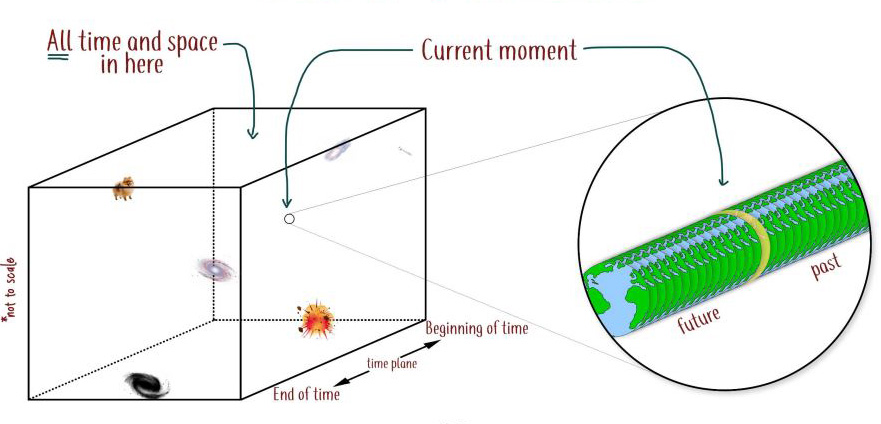Just reading about the concept of time dilation. It states that time actually slows down in space when in front of massive objects like the sun for instance. If someone orbits a black hole, just at the right distance so that you dont get sucked in, the force of gravity will be so strong that time slows down considerably.
the question is how does time slow down and is time literally woven into the fabric of space?
the question is how does time slow down and is time literally woven into the fabric of space?





